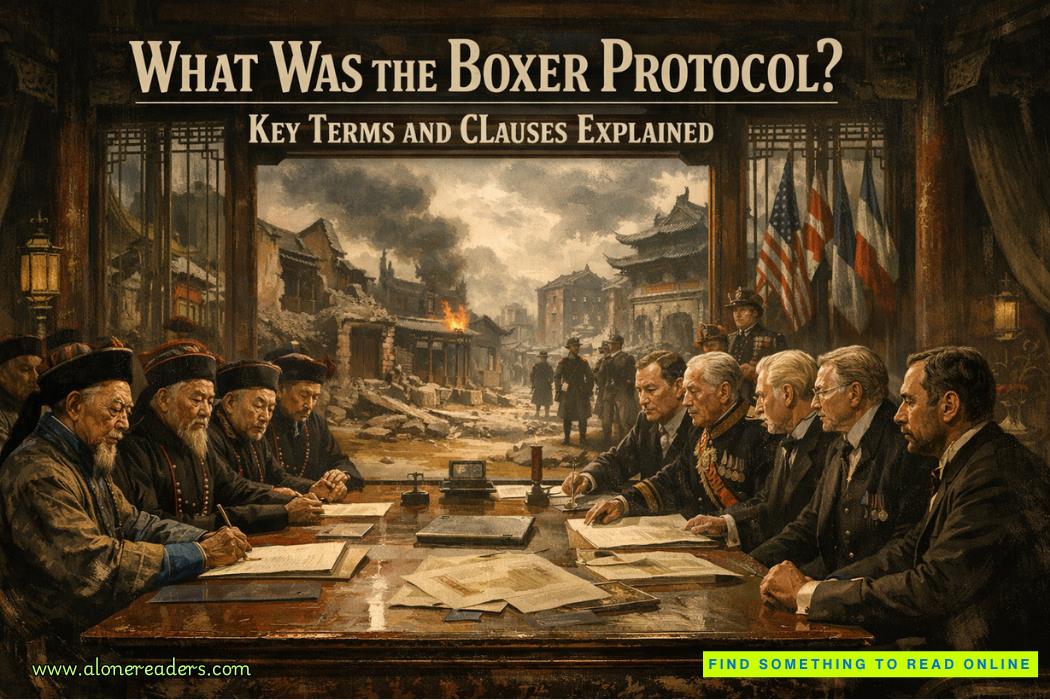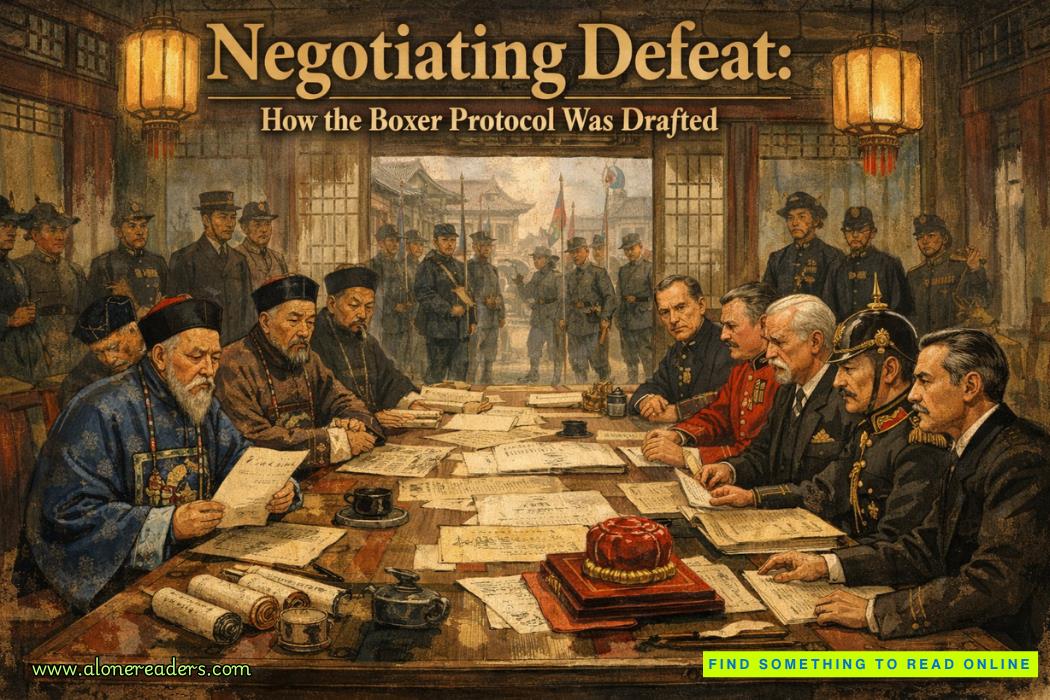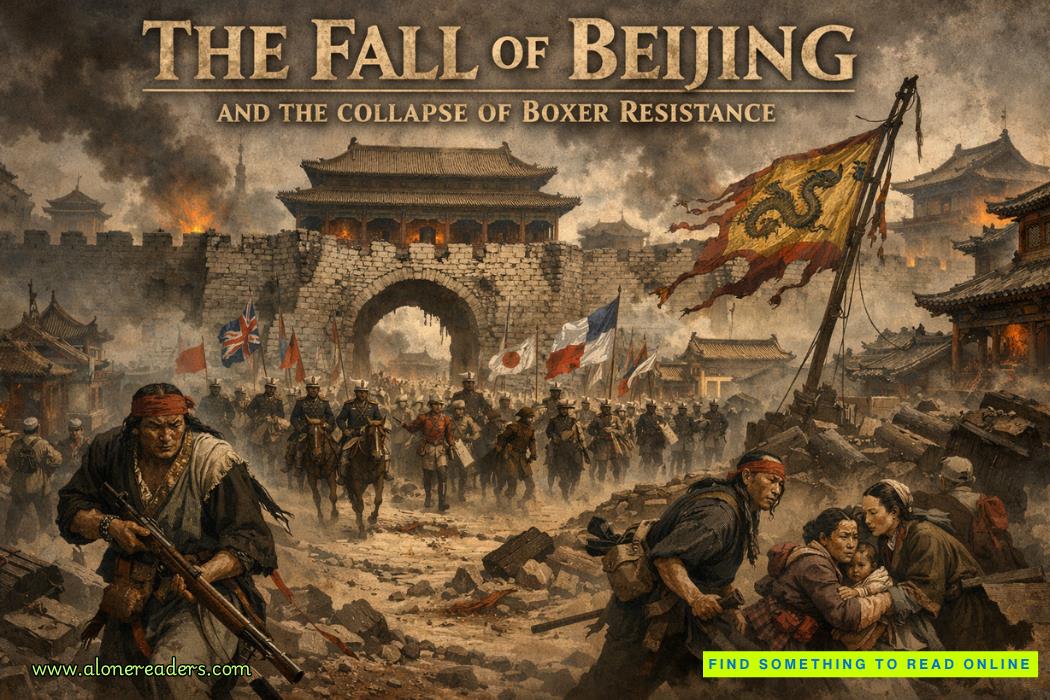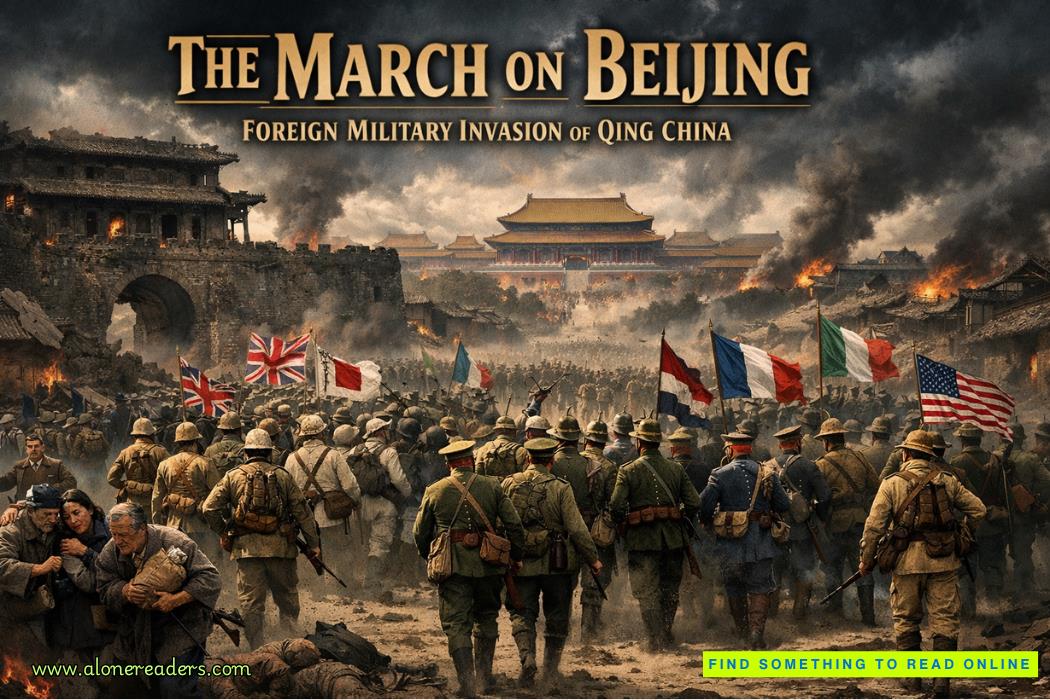“No.” Antal cut her off. “It’s as she says. Predictable.” He tipped his glass upside down on the table. “My apologies for the intrusion. I won’t bother you further.”
Before he could stand, Fi clamped a hand over his wrist. His claws splayed, wicked black tips scraping the brass table.
“Fi,” Antal warned with a flash of teeth.
“I swear by the endless black of the Void, Antal. If you walk out of here after a comment like that, I will snap your antlers into tiny twigs and hang bells on them.”
He bowed over the table, eyes closed. “You think it’s such an easy answer?”
“Don’t give me that aloof bullshit.”
“Fionamara. Don’t make me talk about this.” His voice cracked. “Please.”
The facade vanished. Every facade vanished, his icy composure melting to bowed shoulders, chin low with the bitter weight of something daeyari weren’t supposed to show. Pain. A visceral remorse. Even Kashvi squinted at the unexpected sight.
Fi softened her grip on Antal’s wrist—less demanding, more entreating.
“Please,” she said. “I want to understand.”
Antal’s breath hissed through his teeth. He pulled his hand away from her, still no eye contact, but he made no move to leave. His claws clamped the edge of the table.
“On the Twilit Plane,” he said, “Daeyari live alongside fewer humans. Your kind were brought to our world long ago as food. Those who remain are kept as workers or…pets.”
The word grated like cracked glass.
“Is that what your friend was?” Kashvi accused. “A pet?”
“Never,” Antal snapped. “He tended aurorabeasts for my family, a supplemental food source. I used to hide in the barn loft when I needed to get away from my parents. He found me there once, let me stay. We started talking. He…” Each word came softer, slower, a seeping ache as cold as the morning after fresh snowfall. “He knew every animal in his herd. Not just which ones came easy to the barn and which loitered farther afield. He knew the kind ones who’d heed the softest whistle. He knew which ones he had to grab by the horns to keep in line.”
Fi listened in a stupor. How were there still so many pieces to this creature? Shards and splinters, hidden away behind that wretched mask of ice.
“He served our family for years,” Antal said. “Work, in exchange for safety. That was what he’d been promised. Until my father realized I’d been sneaking away. In his eyes, we’d grown too close. He summoned me to our dining room…”
Fi didn’t want to hear it—shehadto hear it, from his lips. Antal was ashen.
He’d worn that same expression when Kashvi first confronted him, witnessing her anguish over a lost sister. At the time, Fi had assumed he’d never faced this side of grief.
She’d been wrong. That hollow carve to his eyes wasn’t ignorance.
It was recognition.
“He was tied up like an animal.” Antal spoke through clenched fangs. “Still alive. ‘These creatures don’t last,’ my father told me. ‘They’re a distraction. You have bigger things to accomplish.’ He didn’t even beg. And I watched as…” His claws creaked against the table, gouges that Kashvi would never buff out. “I watched my father slit his throat, then let him bleed out on the tile.”
He finished to silence.
Boden’s mouth had fallen open. Fi stared at Antal in unveiled shock, this creature she’d once thought heartless, listening to his voice shake.
“Did you eat him?” Kashvi asked.
“I couldnever,” Antal snarled, baring fangs. “I fought my father for the next fifty years, trying to convince him not to treat an intelligent race like cattle. He told me this was the way things are, that I was too young to understand. Then this territory opened up. He sent me here to learnresponsibility.” The word seethed. “His form of punishment. He always had loftier aspirations for me than foreign Plane governance. Even so…”
Antal sank back in his chair. His claws curled softer against the table.
“I came to love it here,” he whispered. “The view of Thomas-kweld at night. The smell of the wind off the cliffs. And the freedom, finally away from those old ideas. A chance to be anything different.”
Fi had wondered. She’d asked Antal why he acted so unlike other daeyari, why he saw humans as more than food. He’d pushed. He’d deflected.
Here, at last, was a reason. A friend lost. A family splintered.















